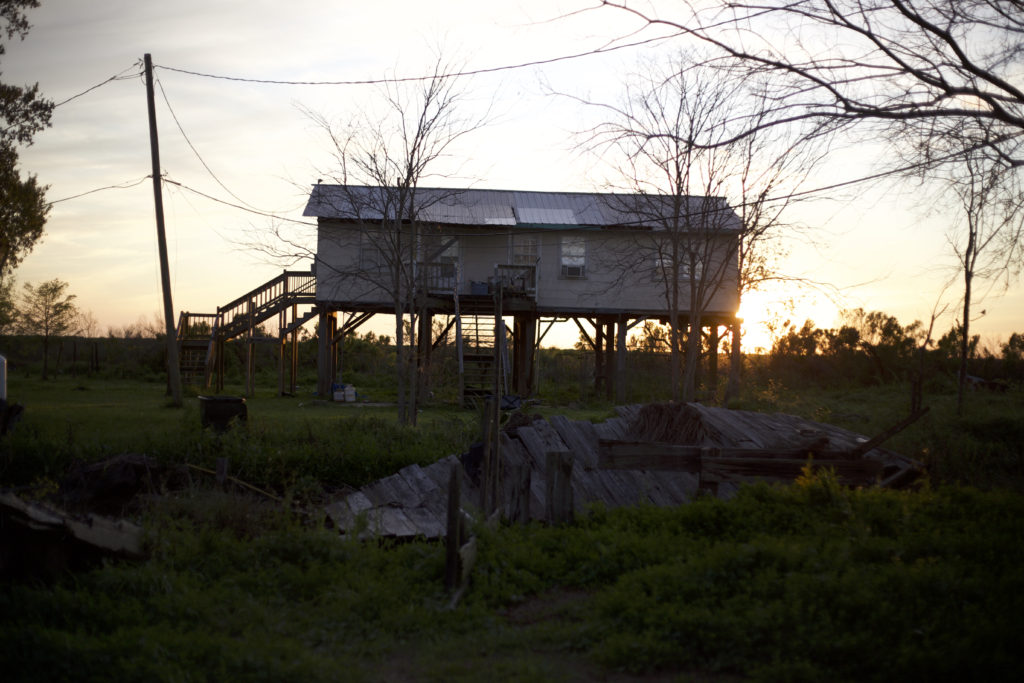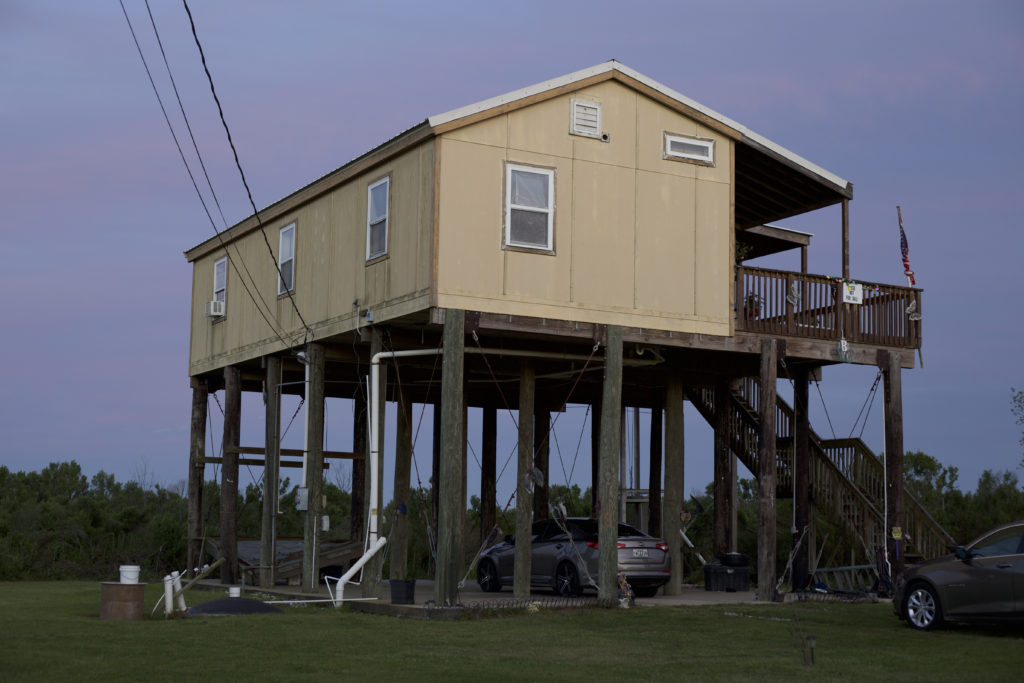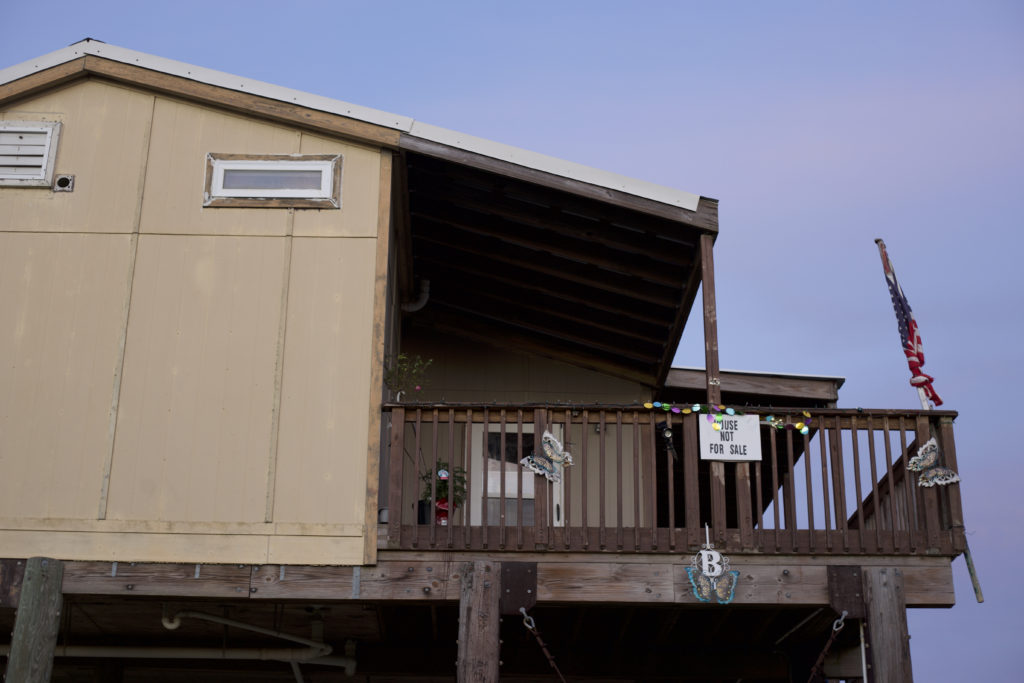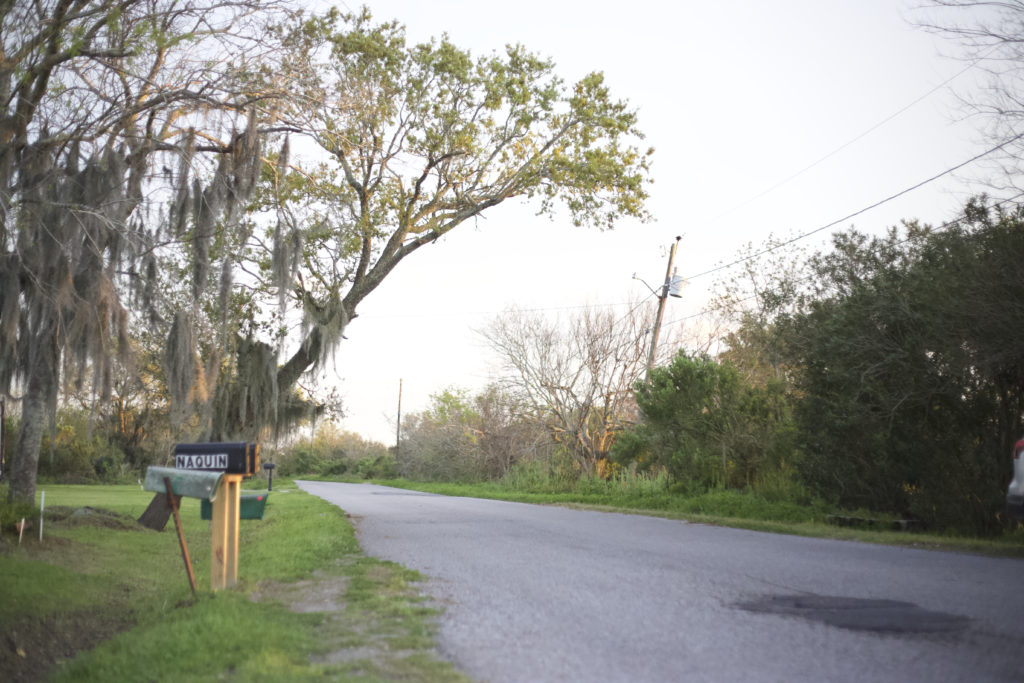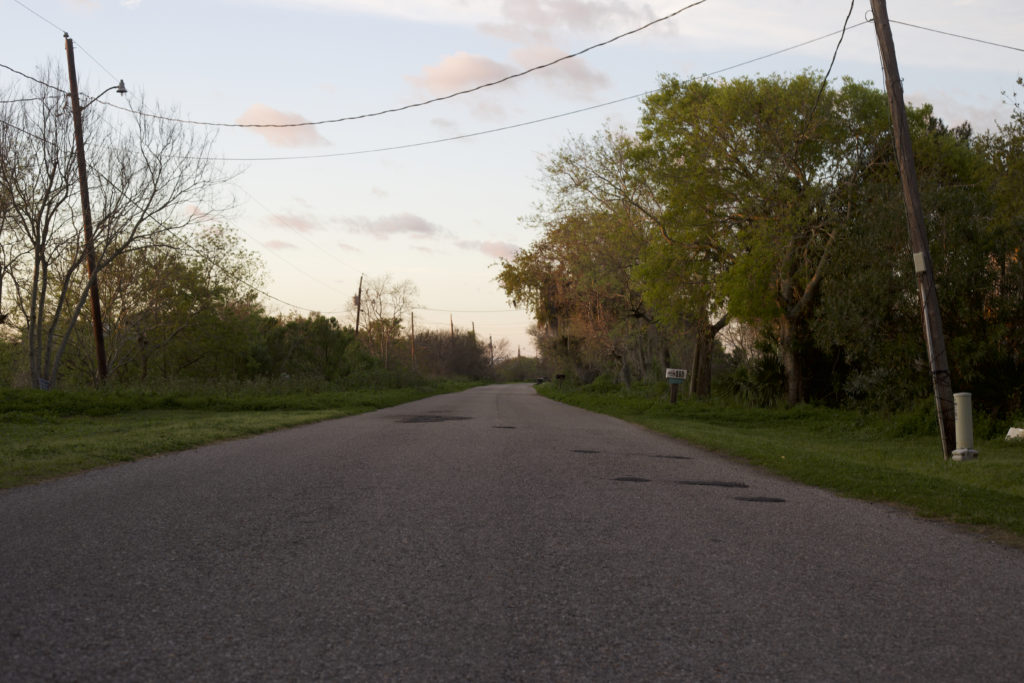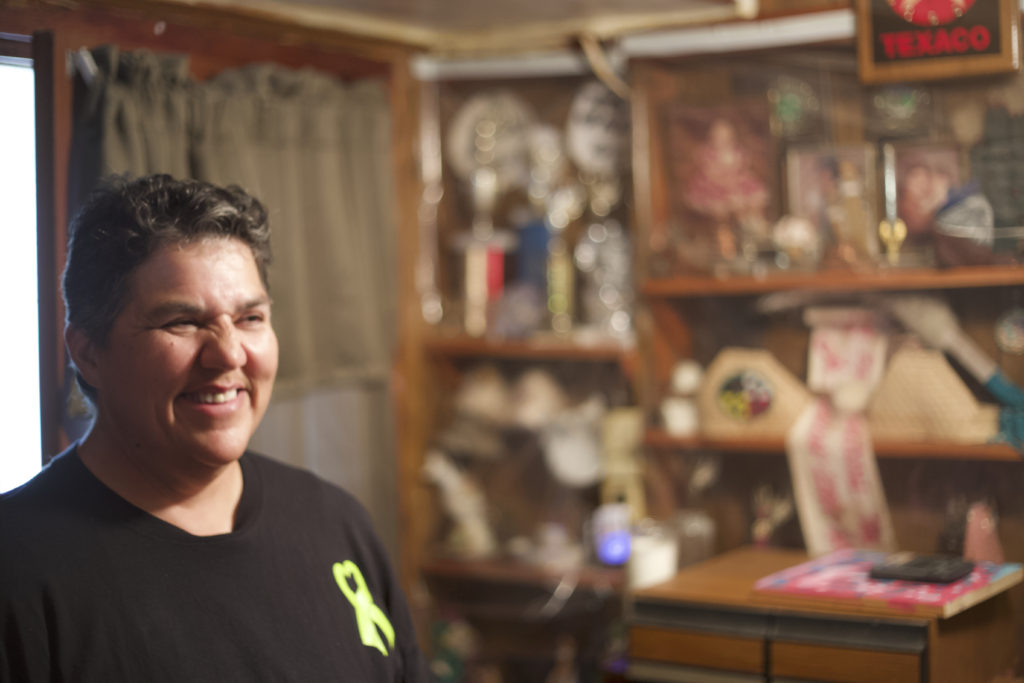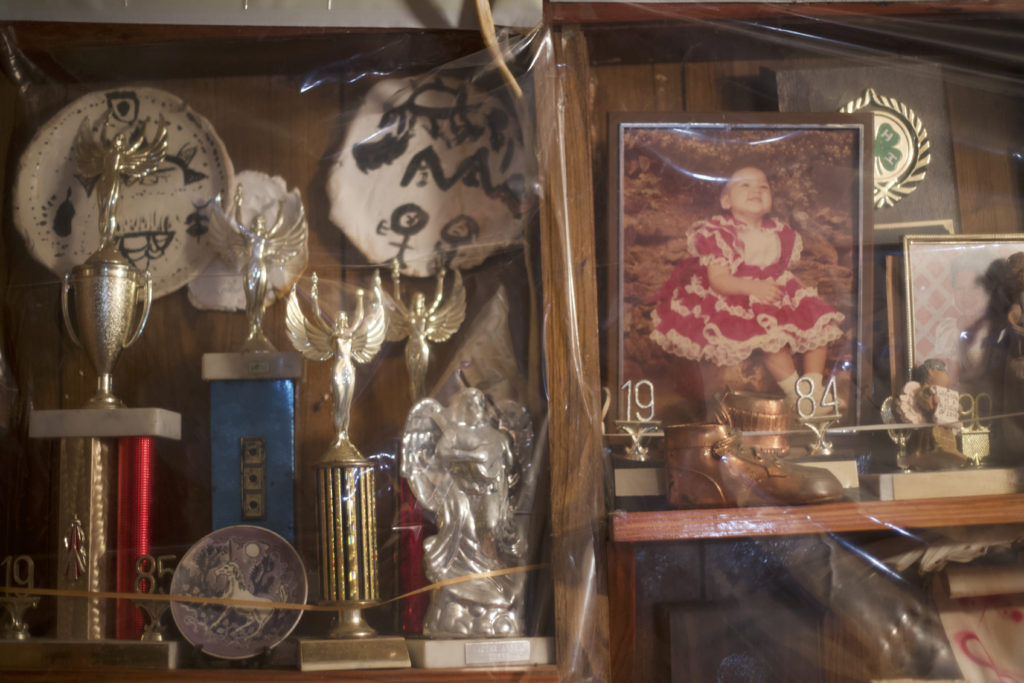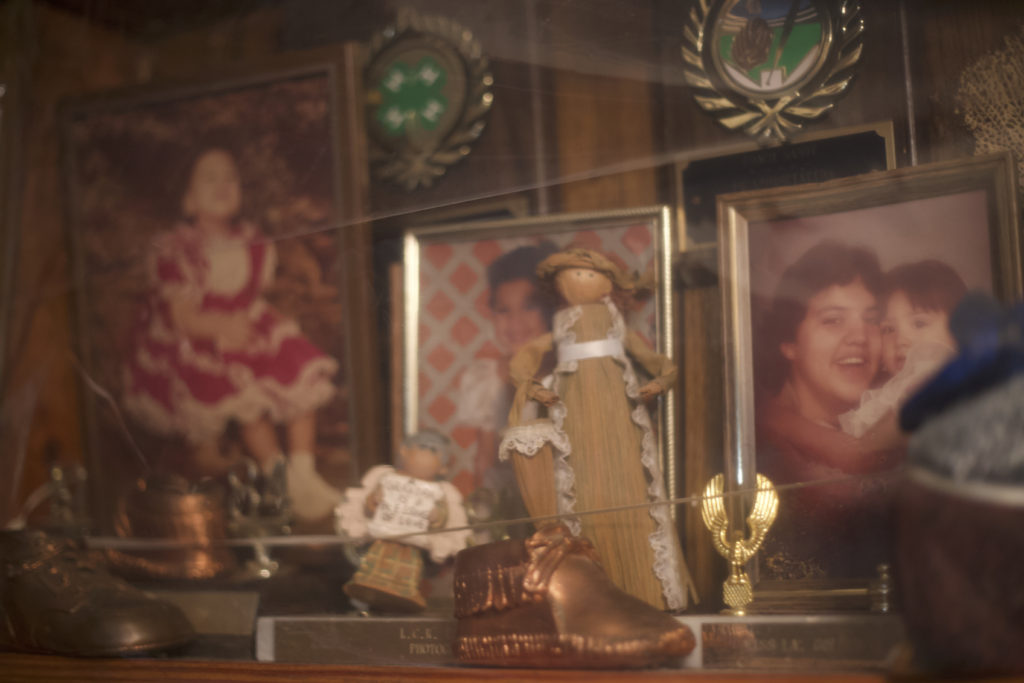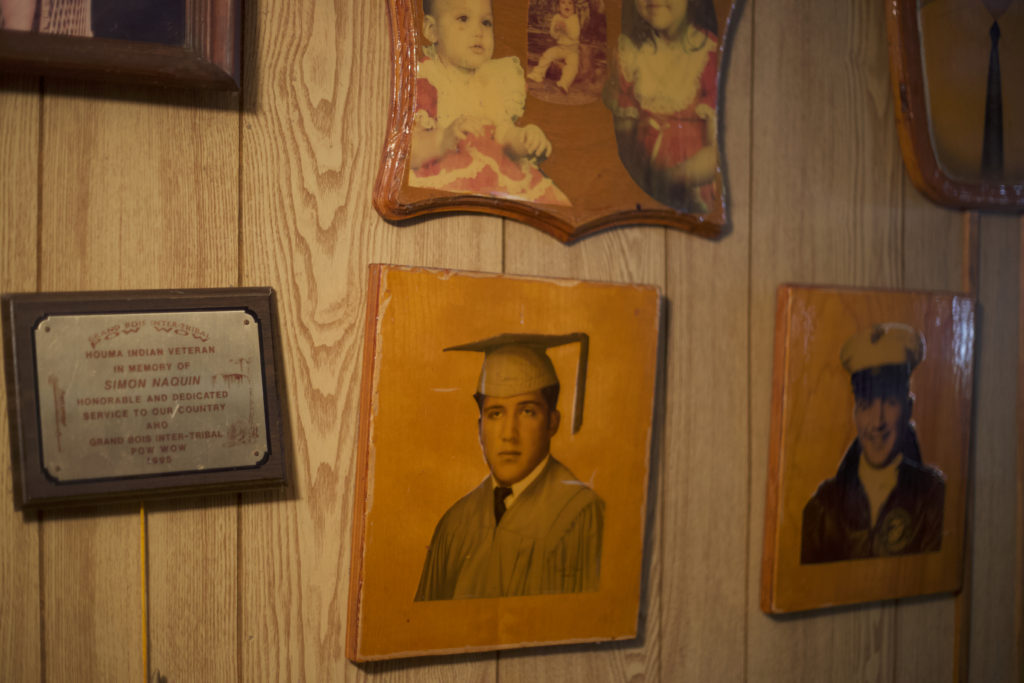Everything that came out of Cookie’s mouth was said with a smile on her face.
“What if I said you can’t record me?”
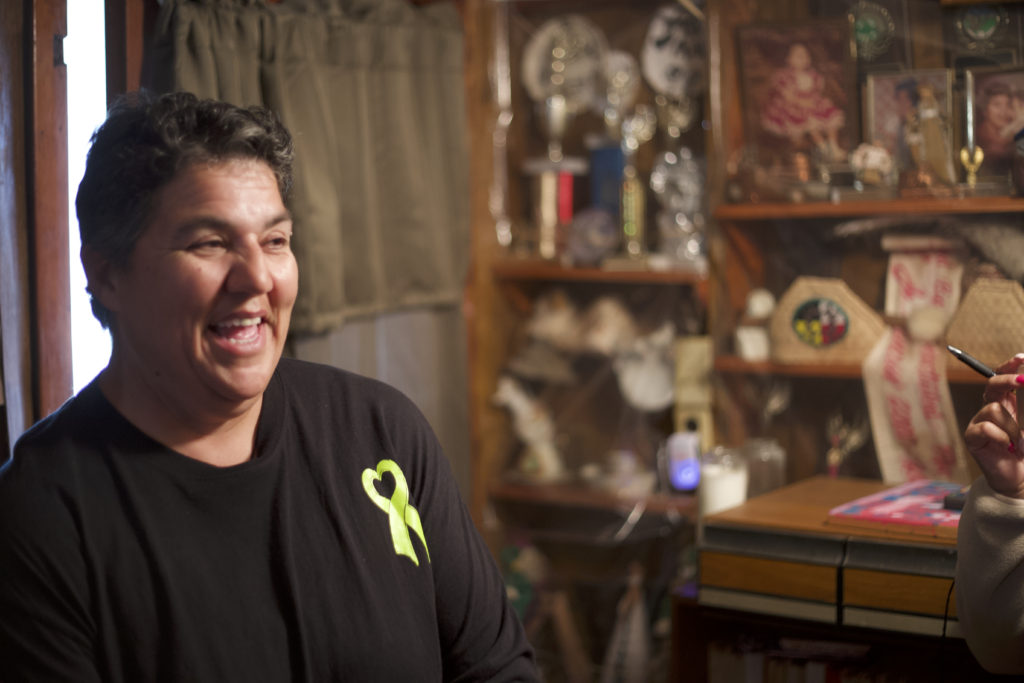
Clearly, Cookie had some experience with journalists coming to her house and asking about the situation on the island.
While the words coming out of her mouth seemed unfriendly, the tone in which they were said combined with her sweet southern bayou accent and glowing smile made it okay. Cookie probably could’ve yelled at us to leave while brandishing a shotgun and nobody would’ve felt wronged in our group. Scared perhaps, because Cookie definitely seems like someone who’s been around the block, or island rather, a few times, but she has every right to ward curious eyes away from her home.
Cookie said she and other homeowners on the island are worried about what will happen once all of her neighbors are gone from the island. She, and many other natives of the area, think the government and local businesses will turn the island and surrounding waters into a sporting resort area for fishing and hunting. Some of the people who live on the island still maintain their residence simply to prevent such a change from happening.
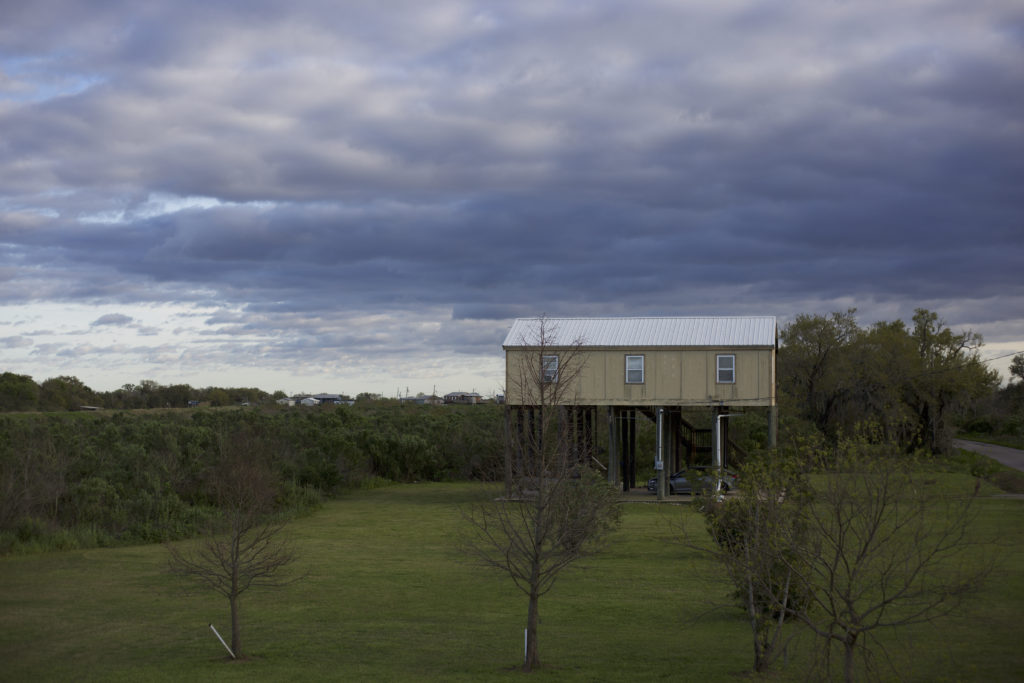
The United States has a history of taking desirable lands from American Indians and depleting the game which once made the land so desirable in the first place to the point of near extinction in the Great Plains. The communities on the Bakken oil formation ravished by the oil industry and the massacre sites which forever taint the Missouri river with blood are some of the scars from the history of this country.
Her family, the Naquin family, traces its roots on the island all the way back to the very first family that settled the island in the early 1800s. The Naquin name has been synonymous with the Isle de Jean Charles since people first started living there. In fact, before there were Naquins living on the Isle, there was only wildlife there.
The original Naquin family who first lived on the island was comprised of a Frenchman named Jean Marie Naquin and his American Indian wife, Pauline Verdin. Jean Marie’s family disowned him for marrying an American Indian. This island is where they survived the atrocities of Andrew Jackson’s Indian Removal Act of 1830.
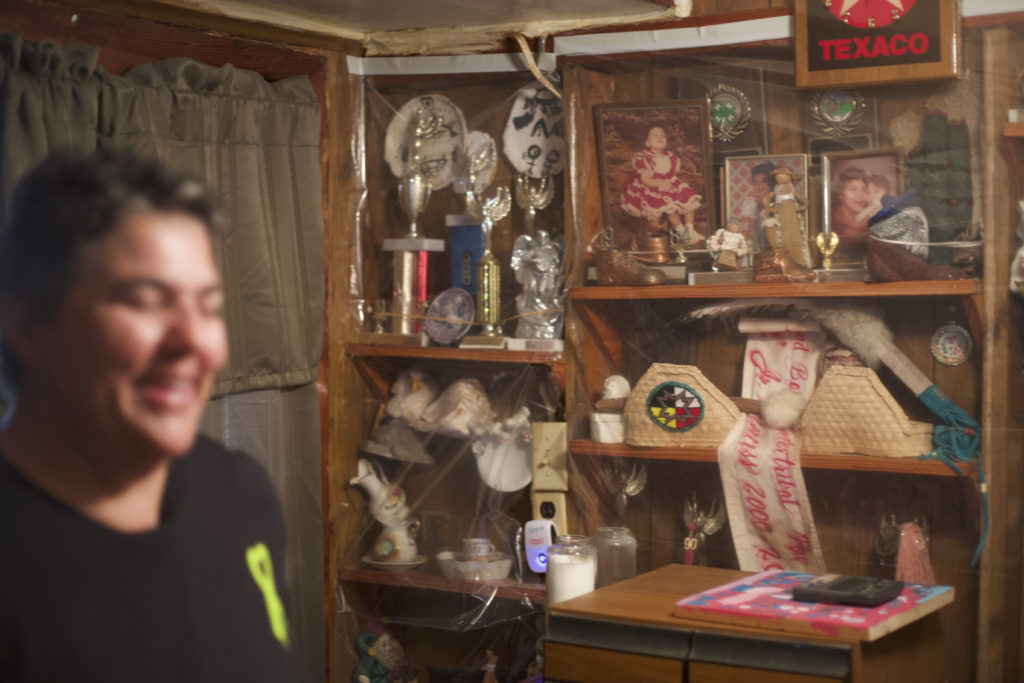
She is staying because she says living on the island means her livelihood. Cookie grew up on the island through all of the bad times and the good. For her it seems, the good times outweigh all the times the island road flooded and all the hurricanes destroyed dozens of her neighbor’s homes.
Her resilience is emblematic of her entire community’s struggle to gain equality and bring aid to their island. Through the years the Isle de Jean Charles people have struggled with education inequality, racial inequality and financial inequality because their ancestors decided to settle on an island that was remote from other settlements.
Even through the flooding, Cookie remains resilient. When the only road leading from the mainland to the island floods with up to two feet of water, Cookie drives her Dodge Ram along the roughly 2.5 mile road to transport people and supplies. Before she had the Ram, she drove a Chevrolet S10.
Cookie might be the first American Indian lesbian to successfully sail a Chevrolet S10 and Dodge Ram 1500 in open water. She has fearlessly and successfully made this voyage dozens of times.
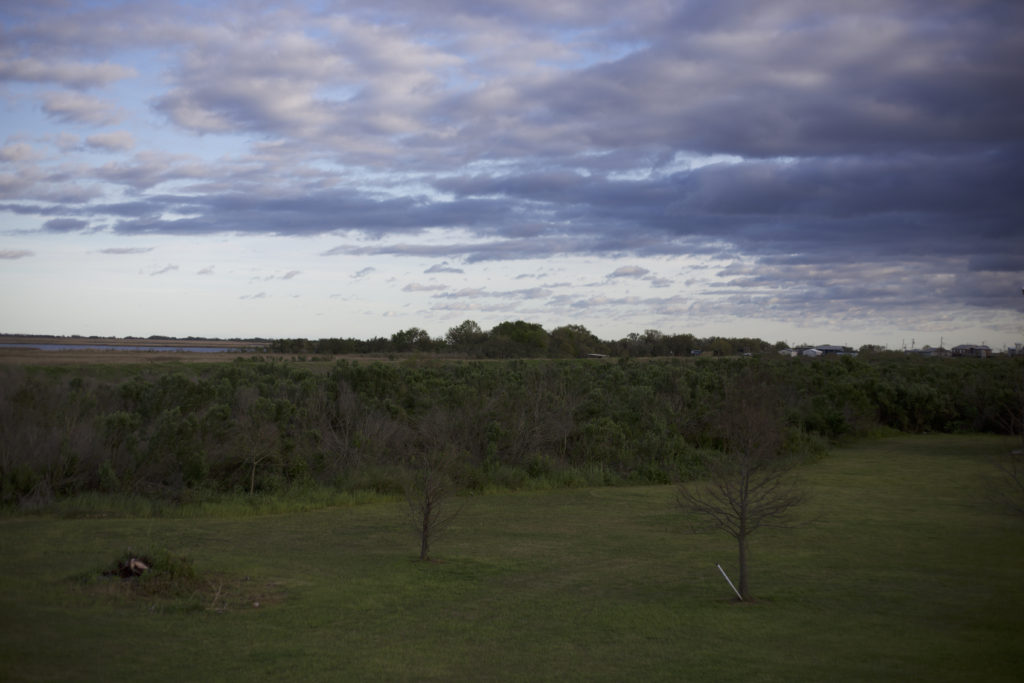
Cookie attributes much of the land loss on the island to dredging of canals in the area which allows larger ships to pass through. This enlargement of the canals was done because the area is host to a large amount of marine traffic, which significantly contributes to their economy. Much of that marine traffic includes oil rigs and other oil industry vessels.
While Cookie recognizes the oil industry has contributed to coastline loss on her home island, she works for a transportation company serving that very same oil industry. Like many of her peers, she has to work a job to make money so she can pay for living expenses and many of the jobs available in the area are involved in the oil industry.
“It’s a job, I’m going to live with it,” she said.
Cookie doesn’t think the community will ever be the same without the island their community traces its past to beneath their feet. It seemed as though she felt physical pain when describing life without the island.
“It’s like somebody pulling your heart out.”
